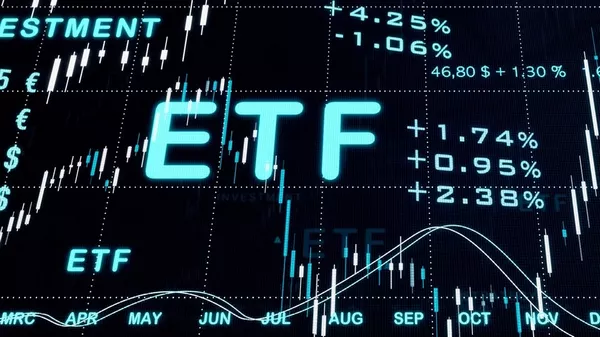In the midst of escalating economic competition between the United States and China, BitMEX’s co-founder, Arthur Hayes, has highlighted Bitcoin’s potential to thrive in this environment. Hayes commended the competitive dynamics within the digital asset sector and recommended that China take a page from the playbook of BlackRock (NYSE: BLK), a prominent U.S.-based asset management firm, which recently introduced an exchange-traded fund (ETF).
Hong Kong, in its quest to establish itself as a key hub for digital assets in the Asia-Pacific region, has unveiled plans to authorize cryptocurrency-based ETFs. This strategic move mirrors Japan’s efforts to grant retail investors access to spot ETFs, provided they adhere to regulatory requirements.
The decision is a response to the mounting demand for increased efficiency and improved user experience within the realm of technological innovation. Julia Leung, CEO of the Securities and Futures Commission, has expressed her support for these progressive measures. The introduction of ETFs is perceived as a pivotal step towards mainstreaming digital assets and has the potential to propel Bitcoin’s growth further.
Following the JPEX scandal, Hong Kong is enhancing its regulatory framework for virtual assets, with a strong focus on safeguarding investor interests and enhancing transparency. The city is also exploring various options, including tokenization, security token offerings for professional investors, and digital asset custodial services. Presently, it allows for futures-based cryptocurrency ETFs and trading of major cryptocurrencies on licensed exchanges.
Amid economic fluctuations and central banks’ efforts to stabilize their respective economies, Bitcoin has increasingly emerged as a safe haven investment. This trend underscores the potential advantages that Bitcoin could accrue from the ongoing economic competition between the United States and China.


